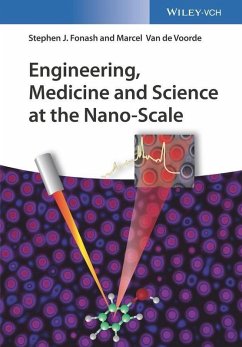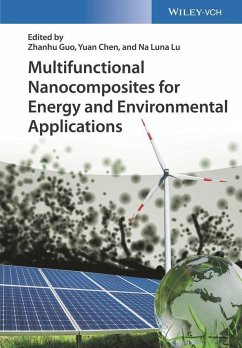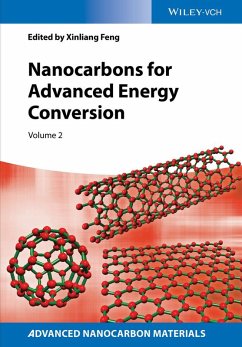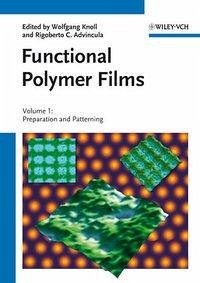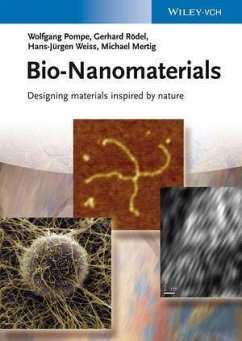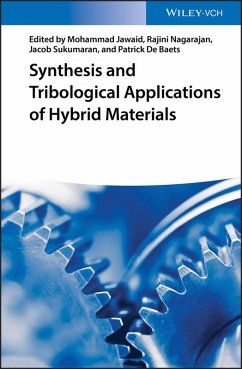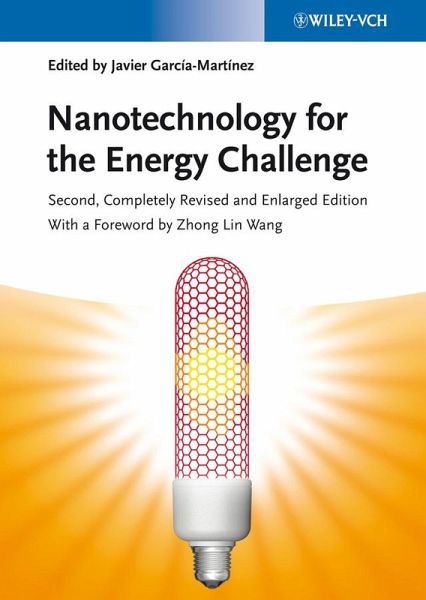
Nanotechnology for the Energy Challenge (eBook, ePUB)
Versandkostenfrei!
Sofort per Download lieferbar
156,99 €
inkl. MwSt.
Weitere Ausgaben:

PAYBACK Punkte
0 °P sammeln!
Nanotechnology allows for manipulating matter at the nanoscale with unprecedented accuracy and as such holds the promise of providing new materials with distinctly different properties. In recent years, breakthroughs in nanotechnology, especially in their applications in the energy sector, have opened up the possibility of moving beyond conventional energy generation approaches by introducing technologies that are more efficient, environmentally sound and cost effective. The book brings together some of the world's leading experts in nanotechnology and its applications in the energy sector, ea...
Nanotechnology allows for manipulating matter at the nanoscale with unprecedented accuracy and as such holds the promise of providing new materials with distinctly different properties. In recent years, breakthroughs in nanotechnology, especially in their applications in the energy sector, have opened up the possibility of moving beyond conventional energy generation approaches by introducing technologies that are more efficient, environmentally sound and cost effective. The book brings together some of the world's leading experts in nanotechnology and its applications in the energy sector, each covering a specific subject that falls within three general aspects: production, storage and use of energy. The first part covers the main developments of nanotechnology in clean energy production and conversion. Following a general overview on the contributions of nanomaterials for energy production, further chapters elaborate on specific topics such as photodevices, thermoelectric materials and fuel cells. The second part is concerned with the use of nanomaterials in more efficient energy storage systems like batteries, superconductors and materials for hydrogen storage. The third and last part discusses how nanotechnology can lead to a more efficient energy usage while reducing the negative impact to the environment. After the successful first edition of this book Nanotechnology for the Energy Challenge, the second edition has been extensively updated to include the latest progress in this field. It includes three new chapters on graphene, piezoelectric nanomaterials, and nanocatalysts for Fischer-Tropsch synthesis. Praise for the first edition: 'The book has a good index of technical terms, good quality graphical illustrations and a good reference list for further information. The book, which can be read either as a monograph, or by dipping into chapters of interest, should be of value to all researchers in energy and nanotechnology.' (Chemistry World, July 2010) 'A "must" for those with a science education and an interest in the future of our energy supply, storage and use.' (Chemistry International, March 2010) '[...] this book brings under a single cover the major aspects of nanomaterials research for the energy sector and will have a profound impact on the research and development of nanomaterials for sustainable energy solutions. It is highly recommended for chemists, physicists, material scientists and engineers looking for an insight into the global energy challenge and the possible contribution nanotechnology can make.' (Prof. Sanjay Mathur, University of Cologne)
Dieser Download kann aus rechtlichen Gründen nur mit Rechnungsadresse in A, B, BG, CY, CZ, D, DK, EW, E, FIN, F, GR, HR, H, IRL, I, LT, L, LR, M, NL, PL, P, R, S, SLO, SK ausgeliefert werden.



